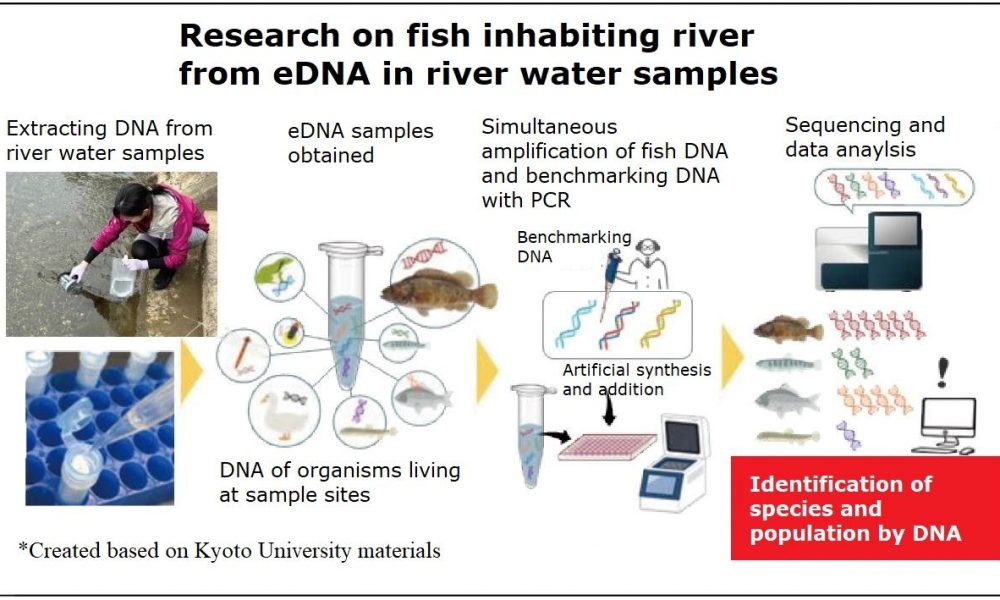
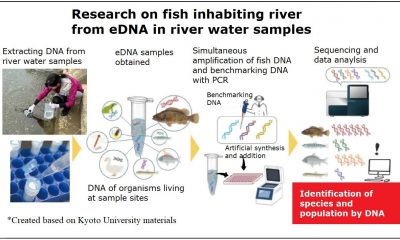

Environmental DNA analysis has revealed a 'super invasive' fish spreading in Miyazaki Prefecture's Oyodo River and threatening native and endangered species.
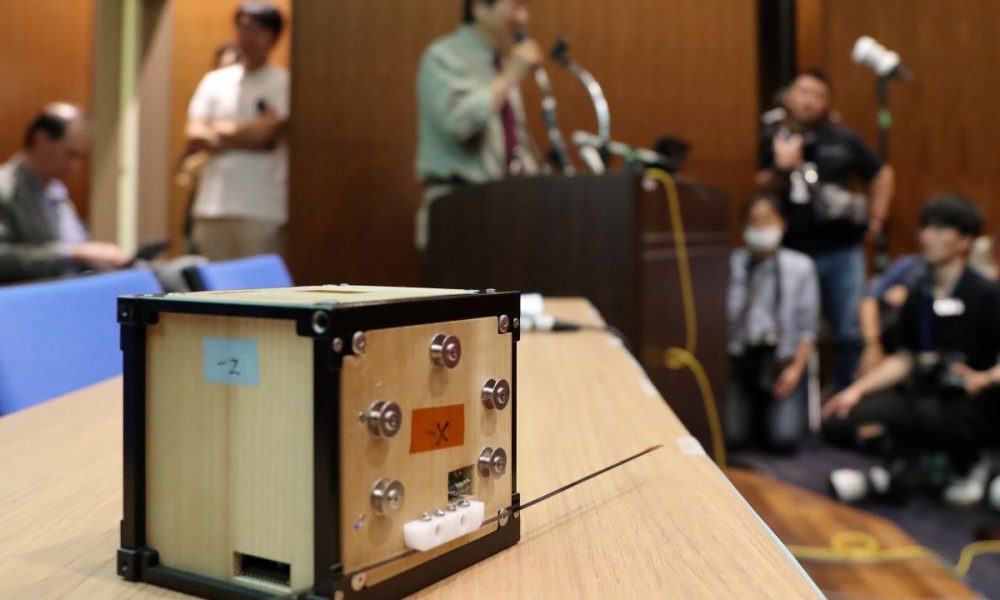
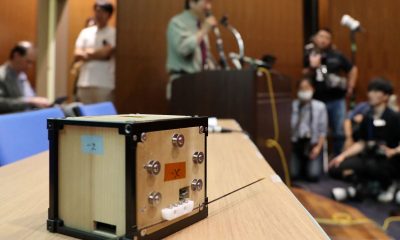

Metal satellites release significant amounts of oxidized aluminum particles during re-entry. Japan's wooden satellite could help reduce space debris.
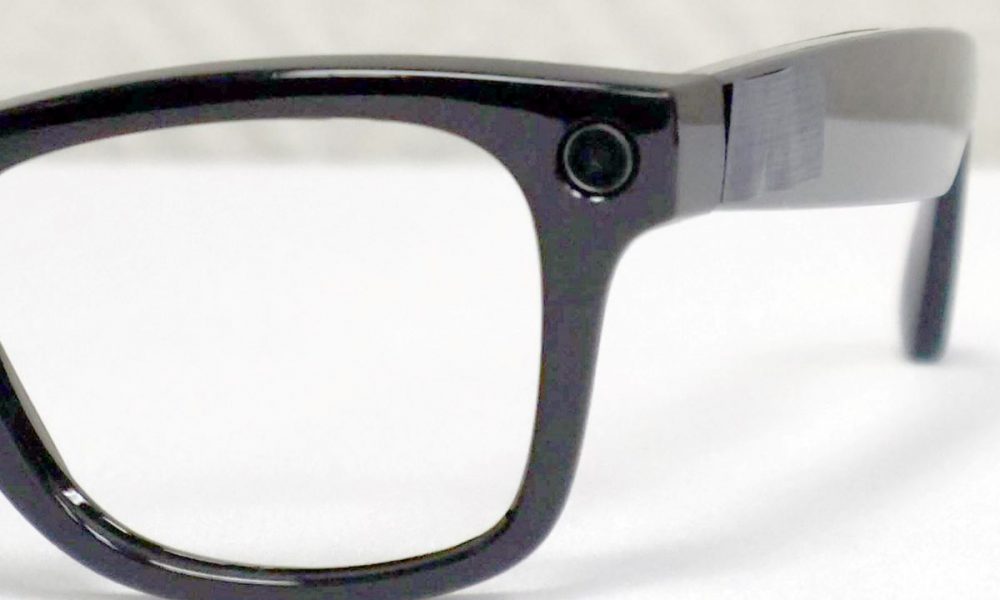
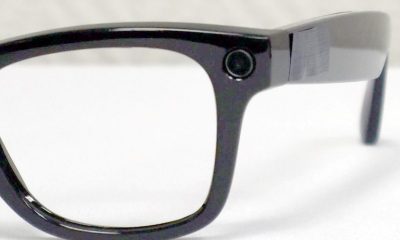

A recent Waseda University case exposes the key role of smart technology in cheating on entrance exams as authorities search for effective countermeasures.
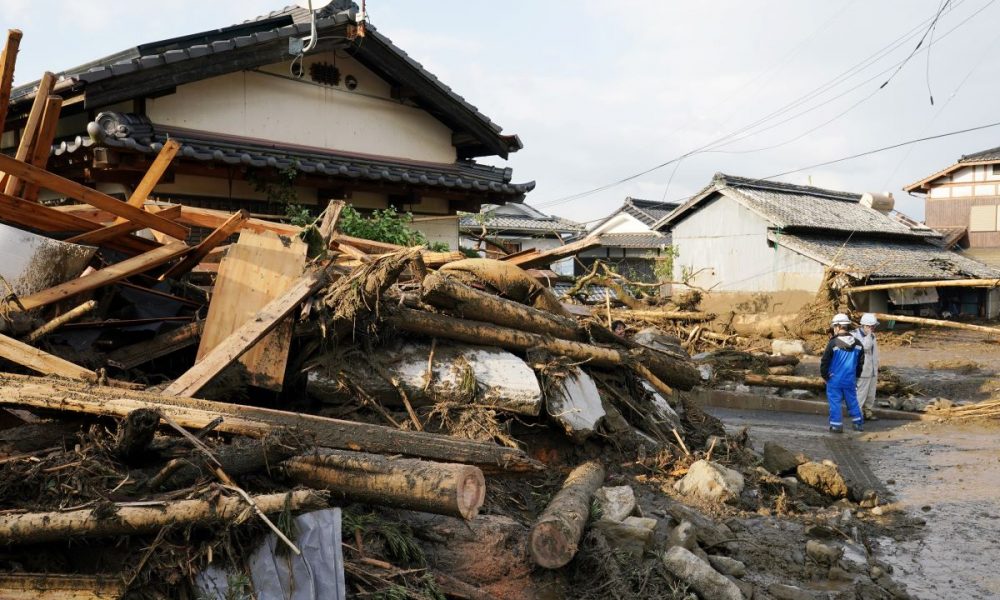


The location of Kyushu, a stagnant seasonal rain front, and rising sea temperatures are contributing factors. Experts advise staying informed and cautious.
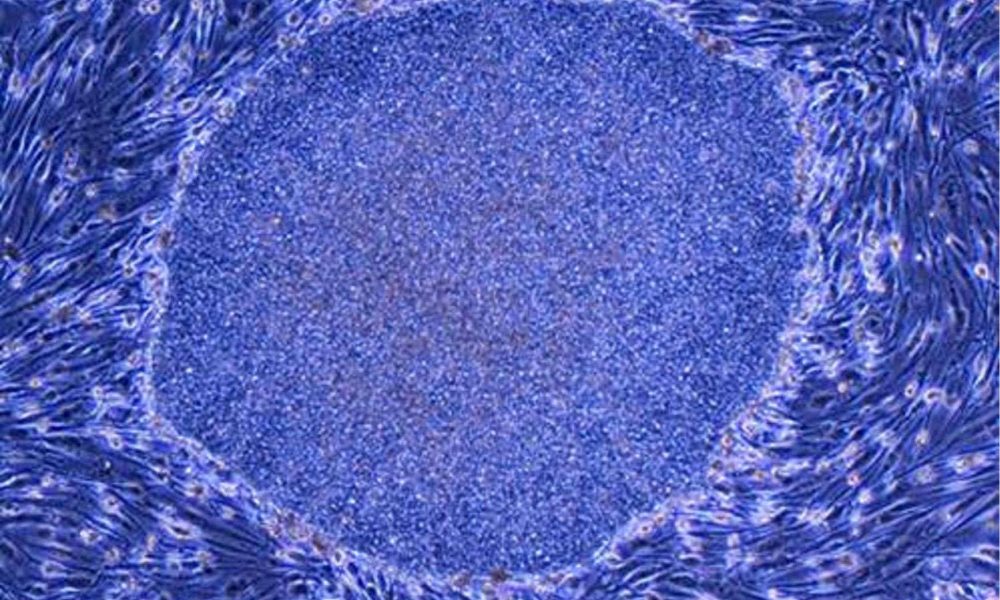
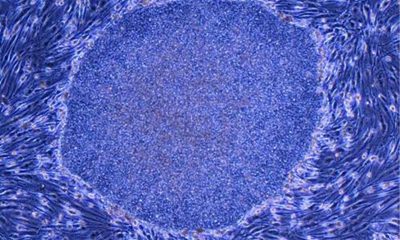

The research team is now taking the steps necessary for making the promising drug available on the commercial market at the earliest date possible.
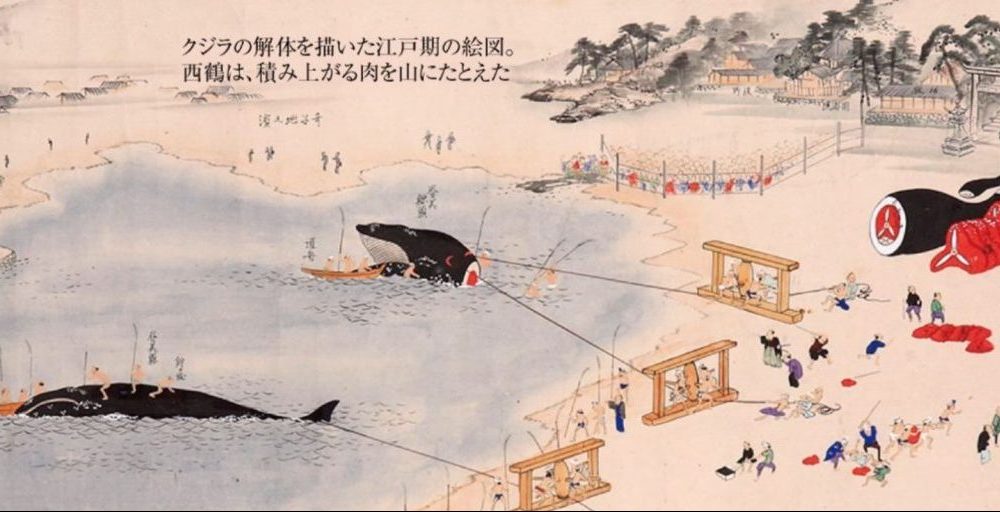
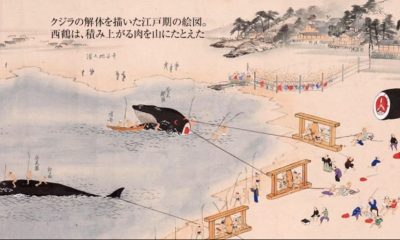

The whaling economy was preceded by a battle to overcome a giant creature which, more than profits and losses, required a spiritual vitality.
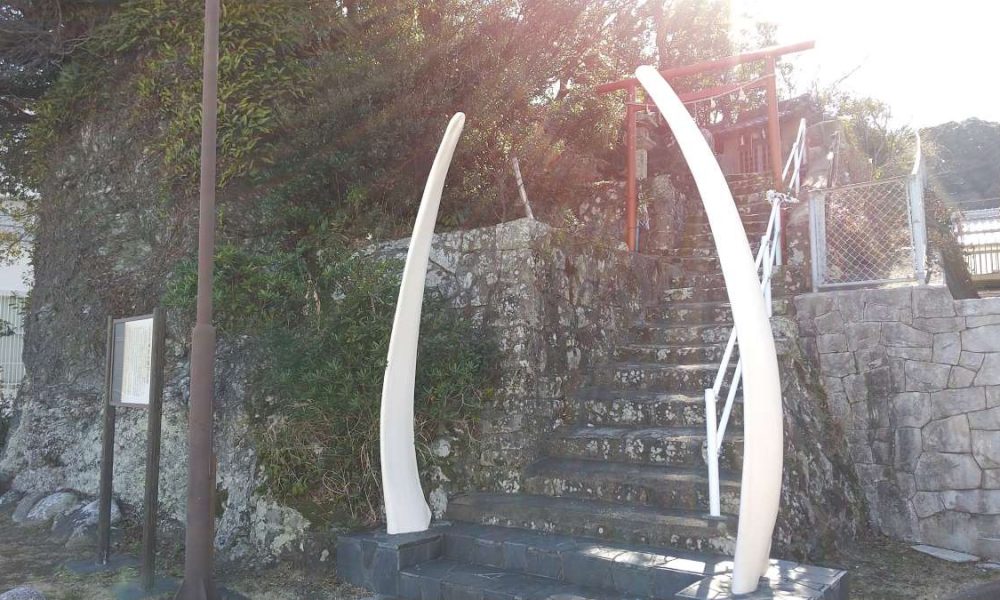
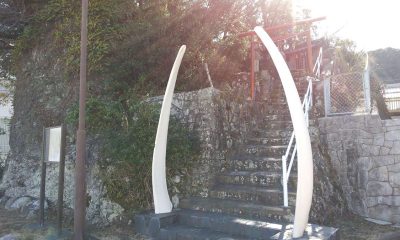

Whales were resources that swam slowly through the sea. Once brought up onto land, their massive bodies were divided and used until there was nothing left.
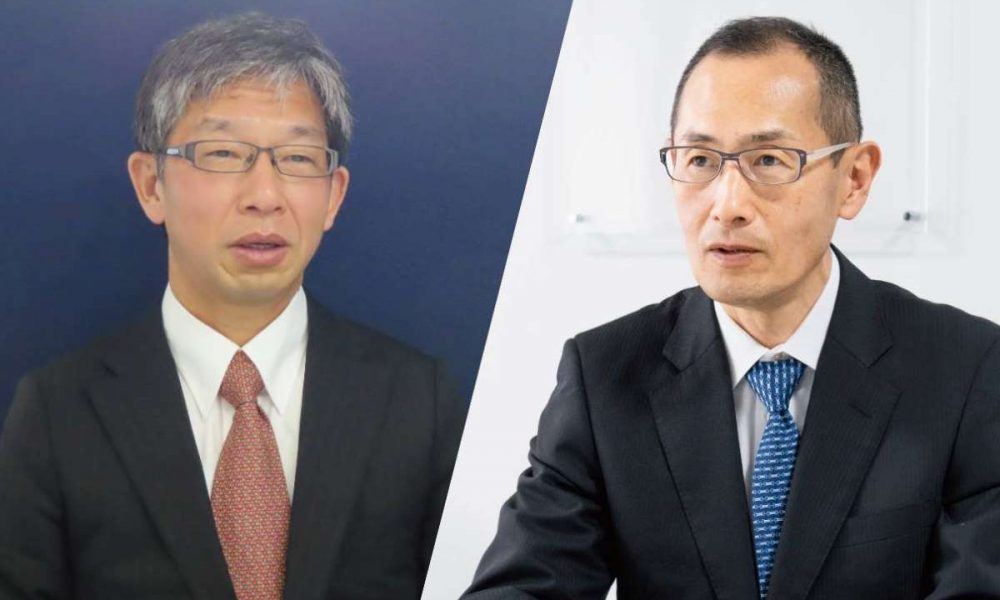


iPS cells are moving from clinical trialsーeye disease, Parkinson’s disease, heart failure, cancer, spinal cord injuriesーto the stage of practical application.
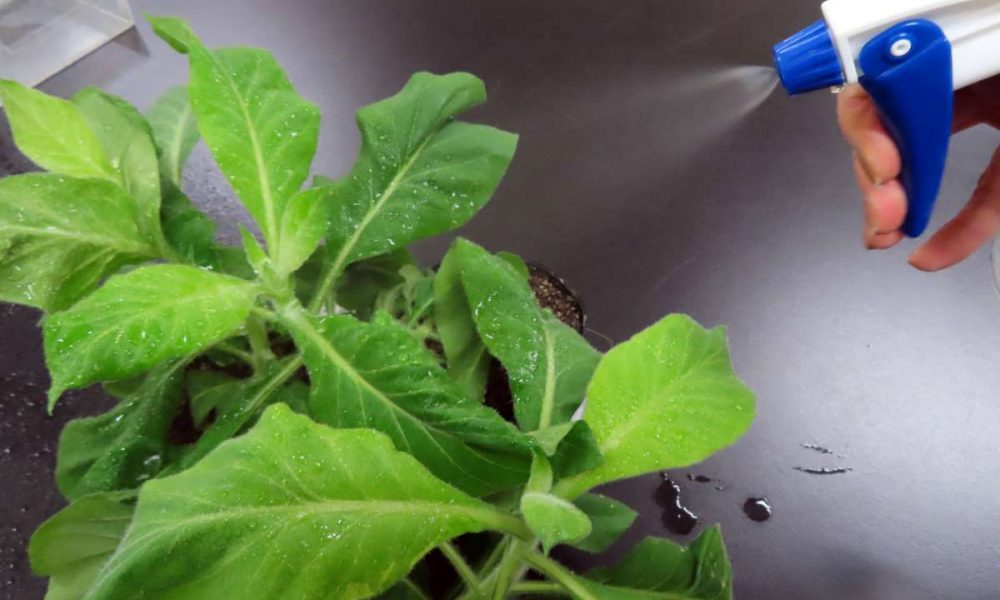
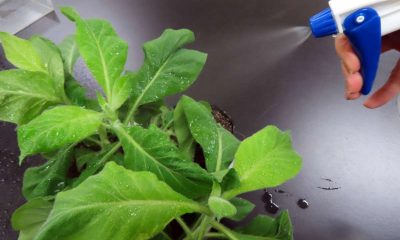

This method will make it safer and easier to repel pests, and can also help in the development of fruits and vegetables that provide more health...
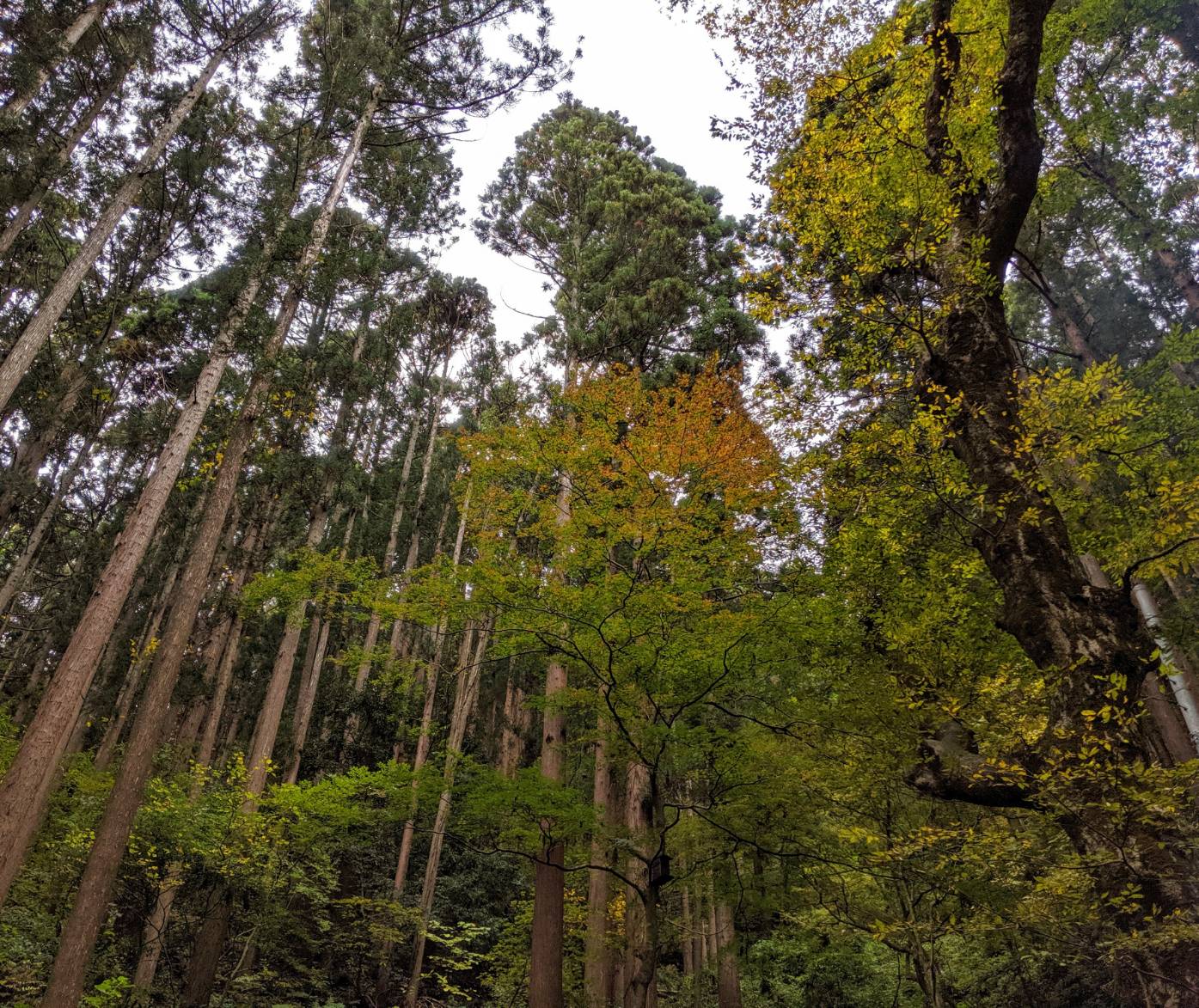


CNFs are the new ideal material: light yet durable fiber, made from wood material and associated with sustainability, decarbonization, and low environmental impacts.
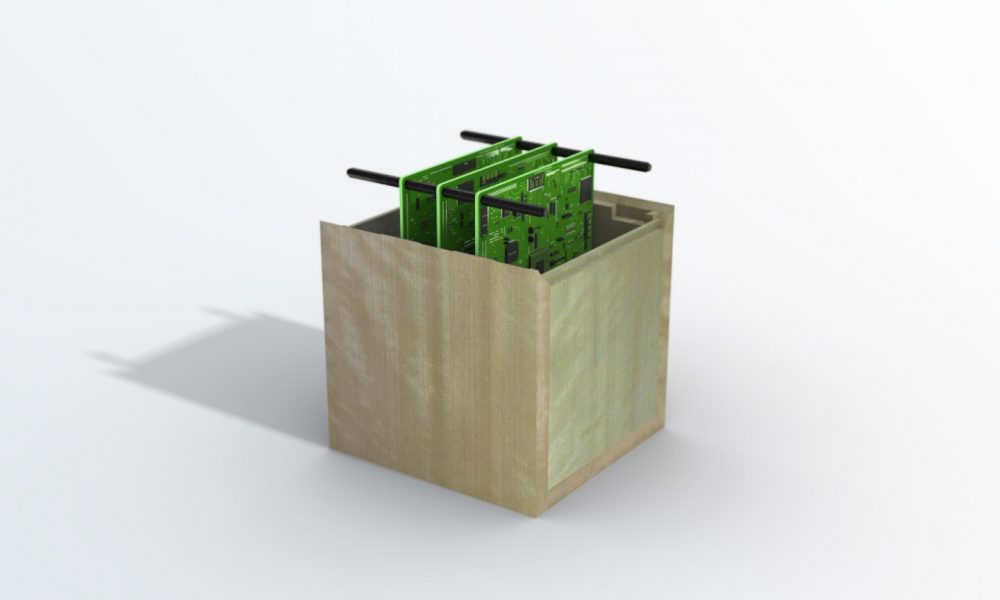
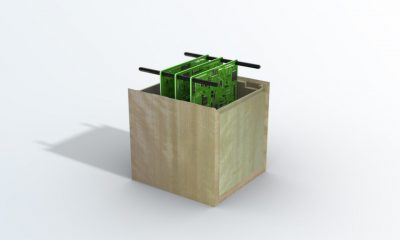

The project is focusing on the issue of atmospheric pollution from the residue of satellites. Unlike aluminum, wood is expected to burn out completely as it...



iPS cell research is moving ahead quickly with promising applications for COVID-19, diseases affecting vision and muscular function, among others. The issue to overcome next is...